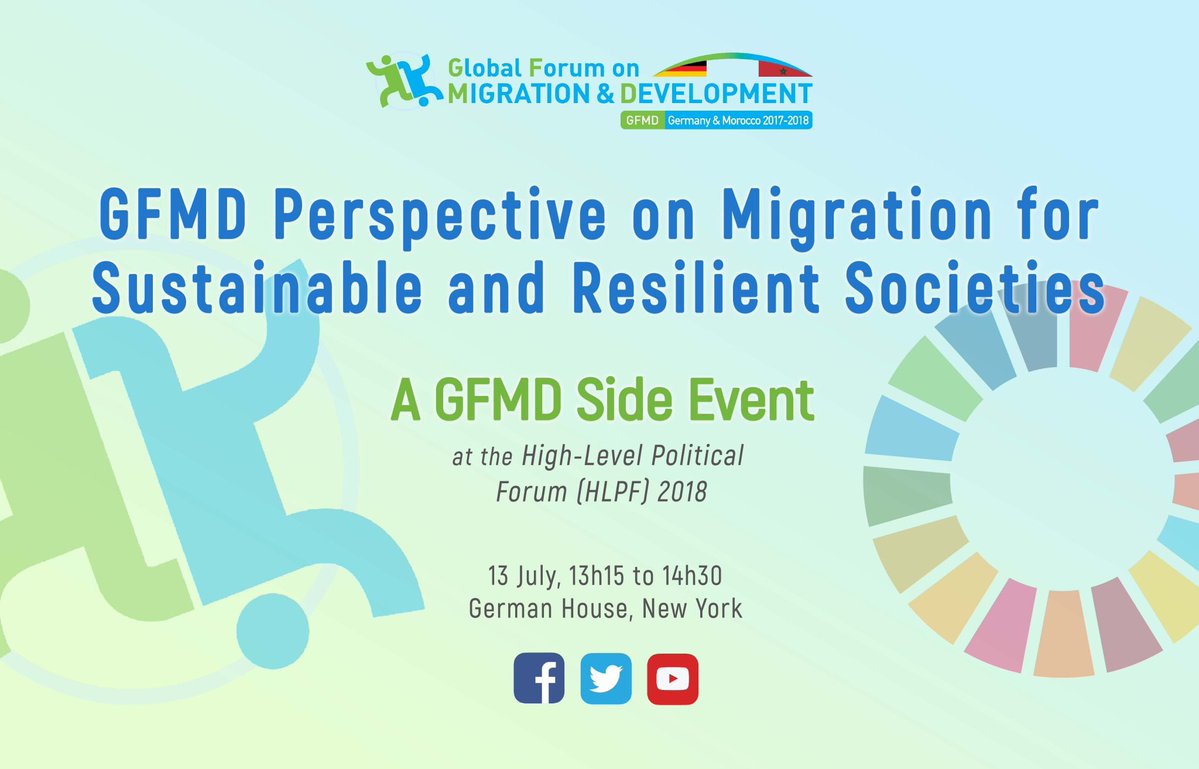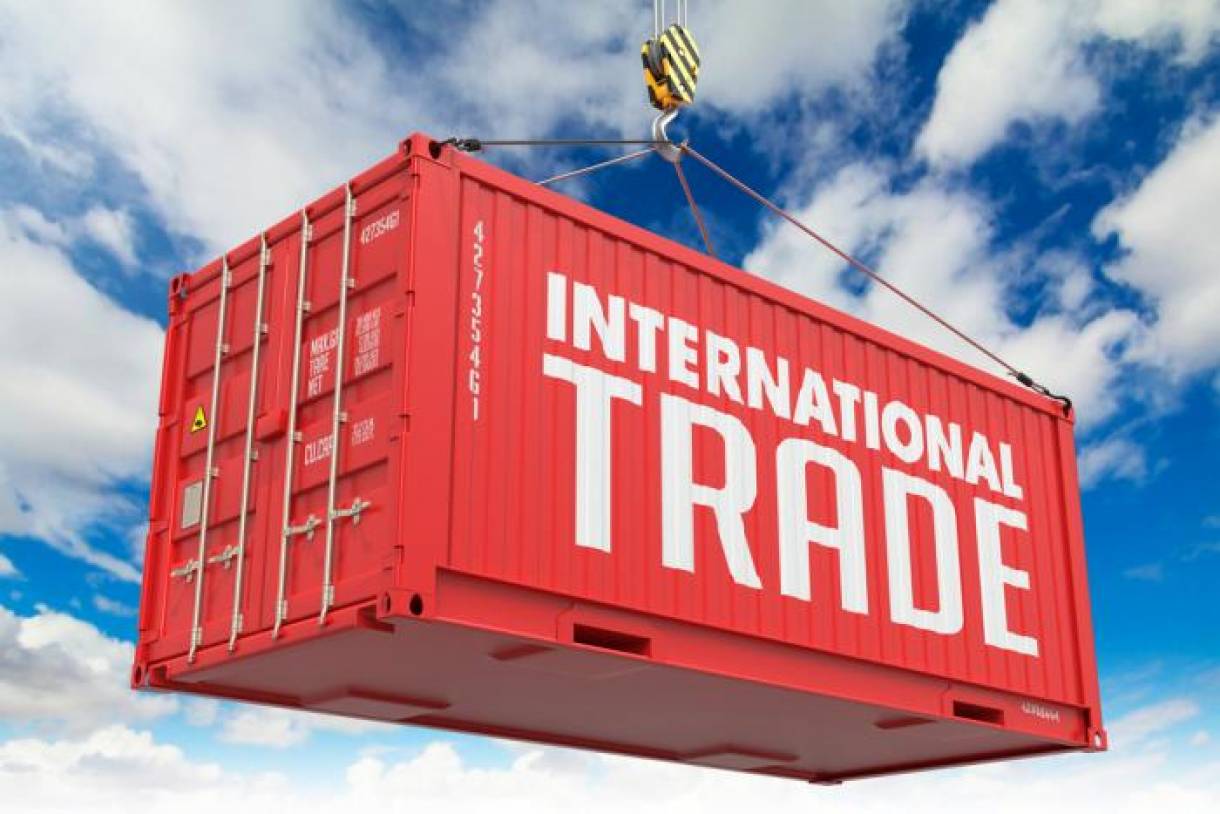
The Ministerial Roundtable of the 2021 UN Food Systems Pre-Summit explored the interlinkages between Rio conventions on Biodiversity, Climate Change and Desertification, as well as their positions in supporting the transformation of the food systems.
The session was commenced by Mr. Jean-Yves Le Drian, France Minister for Europe and Foreign Affairs, who highlighted the inseparable relationship between climate change and the current socio-economic and environmental affairs, and urged for collective actions at all levels through the Food System Summit and the three Rio conventions to build a sustainable future for all.
A moderated roundtable with Member States followed to discuss opportunities to build synergies between the Rio conventions on the environmental issues and bring remarkable impacts on combating global hunger and malnutrition. As emphasized, unsustainable agricultural practices are the driving causes of climate change, biodiversity loss and desertification, and these impacts, in turn, exacerbate poverty, food insecurity and conflict, etc. To break the vicious circle, all stressed governments’ paramount role in mainstreaming nature through political decision-making, and incentivizing all stakeholders into making environmental-friendly decisions in investment, business and consumption. In addition, it is essential for all countries to promote nature-based solutions in agricultural production and ensure all farmers can strengthen their resilience in adapting to the impacts of climate change and deliver more quality, healthy food in the market. Lastly, all highlighted the importance to rethink and connect the Rio conventions for delivering multi-beneficial actions on nature restoration and food system transformation.
Representatives of the three Rio conventions then provided their perspectives on the conventions’ principles, and underlined the importance to implement policies in a holistic and circular approach to account for the interlinkages between all environmental issues and social well-being.
Meeting: 2021 UN Food Systems Pre-Summit, Ministerial Roundtable on UN Food Systems Summit and Rio Conventions on Biodiversity, Climate Change and Desertification
Date/Location: Wednesday, July 28, 2021; 03:00-04:30; Red Room, Rome, Italy
Speaker:
Dr. Martin Frick, Deputy to the Special Envoy, Food Systems Summit Secretariat;
Mr. Jean-Yves Le Drian, Minister for Europe and Foreign Affairs, France;
Ms. Teresa Ribera Rodriguez, Minister for the Ecological Transition and the Demographic Challenge, Spain;
Dr. Thongplew Kongjun, Permanent Secretary of Ministry of Agricultural and Cooperatives, Thailand;
Mr. Christian Hofer, General-Director of the Federal Office for Agriculture, Switzerland;
Lord Zac Goldsmith, Minister for Pacific and the Environment Department for Environment, Food and Rural Affairs (DEFRA), United Kingdom;
Dr. Yasmine Fouad, Ministry of Environment, Egyptian Environmental Affairs Agency, Egypt;
Prof. Dr. Rameesh Chand, Member of Nitiaayog, India;
Ms. Marije Beens, Vice Minister of Agriculture, Nature and Food Quality, Netherlands;
Mr. Ibrahim Thiaw, United Nations Convention to Combat Desertification (UNCCD);
Ms. Elizabeth Mrema, Executive Secretary, Convention on Biological Diversity;
Ms. Patricia Espinosa, Executive Secretary, United Nations Framework Convention on Climate Change (UNFCCC);
Dr. Inger Andersen, Chair, UN Task Force and Executive Director, United Nations Environment Programme (UNEP)
Written by: WIT-UN Intern Iris Sit









